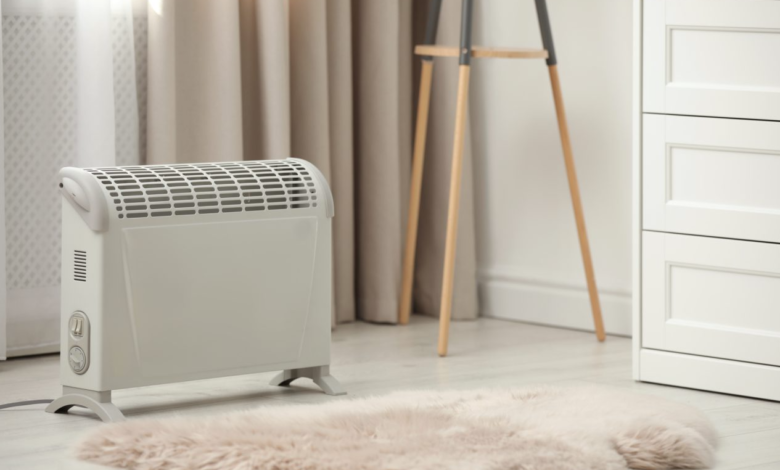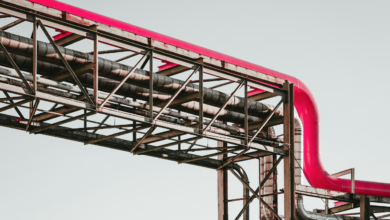Interior heating, new standards on consumption and repairability of appliances

How do energy and emissive specifications for indoor heating change
On April 19, the European Union Executive adopted new rules on ecodesign. At the heart of the Regulation is this time the appliances for heating the interior, both those for domestic use with a heat output ≤ 50 kW, and commercial appliances with a power ≤300 kW.
As the Commission itself explains in a short press note, the measures were designed to replace the current ecodesign specifications and are the result of extensive consultation with stakeholders and scrutiny by the European Parliament and the Council. But why was it necessary to go back to the existing rules? Because technology continues to improve performance and the Commission wants these improvements to be quickly available to the public as a means of reducing energy consumption. And not only that.
“It is estimated that the measures taken will lead to cumulative energy savings and greenhouse gas emissions of 56 TWh and 6.6 million tonnes of CO2 equivalent respectively by 2040,” explains Brussels. “In addition, we have calculated that boosting the production of more efficient indoor heating appliances will help consumers save around €7.9 billion by creating more than 24,000 jobs by 2040“.
New Ecodesign Regulation for Interior Heating
The measure lays down the ecodesign requirements for placing on the market and putting into service local space heaters, extending the range of action compared to the past. From now on, the list also includes products such as electric towel dryers, large tube heaters, electric resistance heaters without integrated controls. In addition, the new measures introduce maximum power consumption levels for low-power modes, such as off mode or standby mode, for the products concerned. To be precise, low-consumption indoor heaters must meet several specifications:
- Off-mode power consumption (Po ) shall not exceed 0,50 W, and in stand-by mode (Psm ) shall not exceed 0,50 W; from 9 May 2027 the off-mode power consumption shall not exceed 0,30 W;
- if the standby mode includes the display of information or status, the power consumption in this way does not exceed 1,00 W; if the standby mode provides for connection to a network and a networked standby […] the power consumption in this way (Pnsm ) does not exceed 2,00 W;
- if the communication between the heat generator and the control device is wireless or makes use of the electricity network, the energy consumption in this way does not exceed 3,00 W;
- if Idle Mode is provided, the power consumption in this mode (Pidle ) shall not exceed 1,00 W on average in one hour, unless the Idle Mode is dependent on input from a network connection to automatically provide heat to the environment, in which case the power consumption does not exceed 3,00 W on average in one hour.
Nitrogen oxide and repairability
The measure also includes emission limits. In detail, NOx emissions from local space heaters with open hearth, open chimney, open combustion with closed hearth, balanced flow and ductless must not exceed 120 mg/kWhinput; Those of light-emitting or tube-radiating apparatus 180 mg/kWhinput.
Finally, manufacturers will be required to make available spare parts and related information to repair appliances.
Read the full Rules here.





